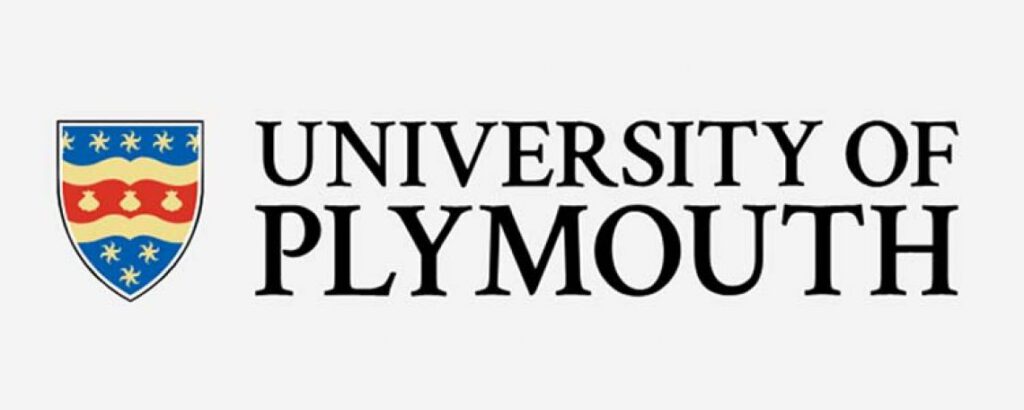University of Plymouth helps home-learners with new maths resources

Parents and carers supporting their children’s home-learning during the coronavirus crisis can access new maths resources thanks to a project by @PlymUni
The website Maths4all has been launched by education experts and is ideal for Primary and Secondary school learners having to work at home while their schools remained closed. All the resources are available free of charge.
From exercises for early learners in Reception class to a complete online course for GCSE students, the website draws together a broad range of material to help supplement the work set by schools.
The material is all based on more than a decade of research and development that has arisen out of collaborative working between the Plymouth Institute of Education at the University and teachers, both in the UK and internationally.
“Mathematics is a very linear subject and just a small gap in knowledge at an early age can have significant problems from that time forward.”
says Professor David Burghes, the project lead.
“The issue always appears to lie in missing a key topic at school, either through absence or a lack of understanding. So our resources are designed to both support children’s school learning and address any gaps in their mathematical knowledge as they work through the materials.”
The Institute of Education has, for many years, provided free maths resources to parents/carers of children at Primary and lower Secondary levels, and these have proved to be especially popular in the US.
When the coronavirus pandemic struck, Professor Burghes applied for Strategic Investment Fund money to enhance and refine the existing resources, as well as develop new material, including GCSE support complete with sample papers. A level resources will be added in the coming weeks.
Professor Burghes said the Maths4all website is particularly focused on the English education system, with reference to countries with a similar model, such as Singapore.
“We know that some parents and carers have their own issues with mathematics,”
he added.
“We hope, however, that this resource base enables them to work collaboratively with their learners so that, over time, both can succeed and grow in confidence with mathematics.”











Responses